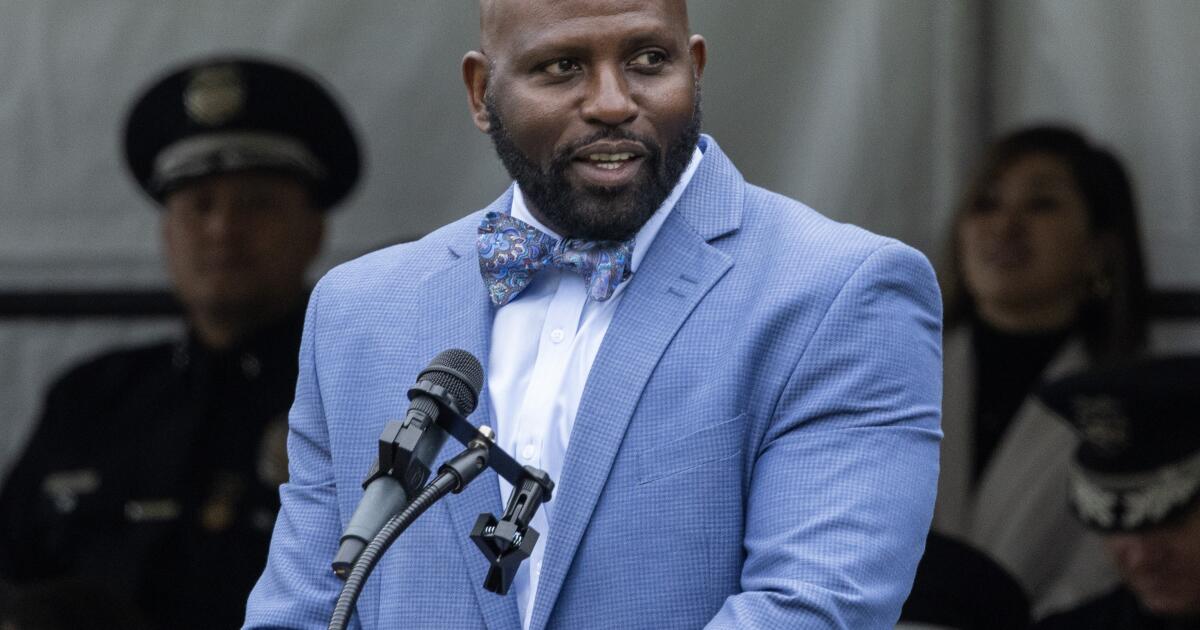In the years following the tragic events of October 1, 2017, when a gunman opened fire on a crowd during a music festival in Las Vegas, Nevada has become a focal point in the debate regarding gun laws and mental health. As the state grapples with its complex relationship to firearms, community voices reflect a spectrum of opinions on how best to enhance public safety without infringing on rights to bear arms. This report aims to navigate through these layered discussions, examining legislative changes, community sentiments, and the imperative of addressing mental health.
### An Evolving Gun Law Landscape
In the aftermath of the 1 October incident, Nevada introduced several legislative measures aimed at curbing gun violence. One of the most significant developments was the implementation of universal background checks for firearm purchases. This law requires all gun sales, including private sales, to undergo background checks, aimed at preventing individuals with a history of violence or severe mental illness from acquiring firearms.
Additionally, Nevada passed a red flag law, granting authorities the power to confiscate firearms from individuals deemed to pose a credible threat to themselves or others. These measures have been met with mixed reactions. Supporters, including some residents and gun rights advocates, acknowledge that such laws are necessary to protect the community. Larry Templeton, a longtime North Las Vegas resident and gun owner, articulated a complex view: “I do think they should know if you own a gun.” This sentiment underscores the acceptance of some regulations as a means of balance between rights and community safety.
On the contrary, critics argue that laws may not effectively address the root causes of gun violence. Former ATF agent and UNLV law professor Thomas Chittum remarked on the duality of progress versus stagnation in Nevada’s gun legislation: “In some ways, a lot has changed. And in some, nothing has changed.” The overturned nationwide bump stock ban reflects the challenges of ensuring consistent gun control measures at both state and federal levels.
### Community Perspectives: Firearms vs. Mental Health
Discussions surrounding gun laws have, in many instances, highlighted an equally critical need to address mental health as a foundational aspect of public safety. Latasha Fobbs, another North Las Vegas resident, passionately insists, “The focus should be on mental health rather than firearms.” She advocates for destigmatizing mental health challenges and promotes the idea that individuals should not feel ashamed when seeking care.
The framing of mental health as a central issue in gun violence can often shift the narrative away from a purely legislative focus. Reports indicate a substantial percentage of individuals involved in firearm-related incidents may struggle with mental health issues. However, the correlation between mental illness and gun violence is intricate and nuanced. Fobbs, reflecting broader community sentiment, emphasizes that solutions should not solely lie in gun control measures but also in comprehensive mental health services and support systems.
### Navigating the Wild West Identity
Las Vegas, frequently characterized by its “Wild West roots,” serves as a microcosm for the broader national conversation on gun culture. The city’s dual identity embraces both the thrill of recreational shooting and a recognition of the damaging social consequences when firearms fall into the wrong hands. Chittum observes, “Vegas still embraces its Wild West roots. If you want to go and shoot a machine gun for your bachelorette party, Vegas is the place you can do it.” However, he underscores a nuanced understanding in the community of the severe repercussions associated with gun violence.
As Nevada continues to navigate its identity amidst evolving gun laws, community events often become battlegrounds for these ideas. The dichotomy of celebrating gun culture while confronting the realities of gun violence presents an ongoing challenge for policymakers and citizens alike.
### Legislative and Community Solutions
In crafting effective solutions, it is essential for Nevada to recognize and incorporate both the need for robust gun control measures and the imperative of improved mental health services. Initiatives that foster mental health literacy and reduce stigma can play a pivotal role in community resilience. Advocates like Fobbs stress the importance of encouraging individuals to seek help without fear of judgment, which can ultimately mitigate risks associated with untreated mental health issues.
Additionally, comprehensive educational programs aimed at young people, highlighting the importance of emotional intelligence and mental wellness, can foster a culture of understanding and support. By integrating these approaches, Nevada has the potential to cultivate a more holistic response to issues stemming from gun violence.
### The Path Forward
As the anniversary of the 1 October tragedy draws near each year, it serves as a somber reminder of the stakes involved in the gun control debate. Nevada’s experience illustrates the complexities inherent in addressing gun laws and mental health, spotlighting community voices and legislative progress as crucial elements in the narrative.
Through continued dialogue and cooperative engagement between policymakers, mental health advocates, and the community, Nevada can strive to emerge as a model for balancing the rights of gun owners with the imperative of public safety. As we reflect on the past, the path forward appears clearer—one that involves active involvement, empathy, and an unwavering commitment to understanding the interwoven tapestry of gun use, mental health, and community resilience.
### Conclusion
In summary, Nevada stands at a crossroads regarding its approach to gun laws and mental health, grappling with historical legacies and modern challenges. The conversations sparked by events like the 1 October tragedy continue to shape a dynamic discourse centered on empowerment through both responsible firearm ownership and addressing mental health needs. Moving forward, the state has an opportunity to leverage its legislative measures alongside community support initiatives, fostering a safer environment while honoring the rights of its residents. As voices from every corner of the community come together, the hope is for a future where safety, respect, and understanding prevail.
Source link









